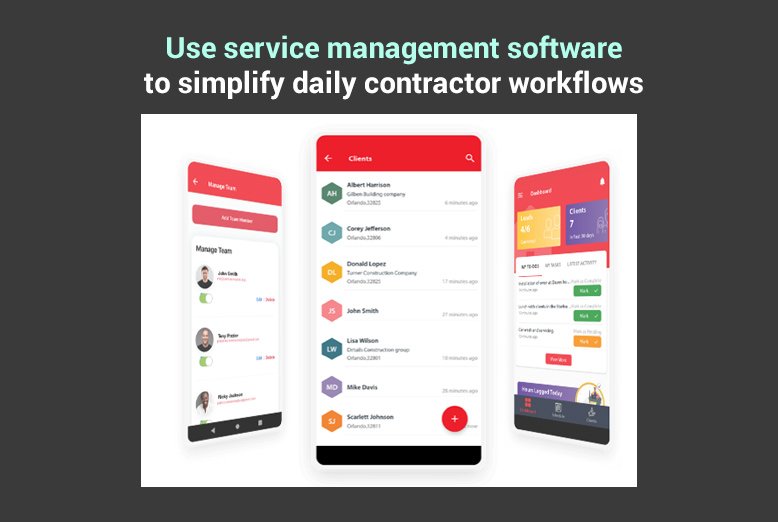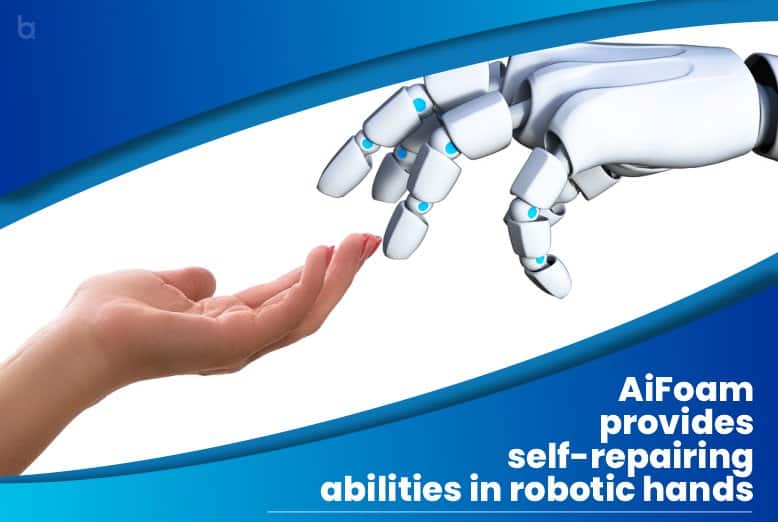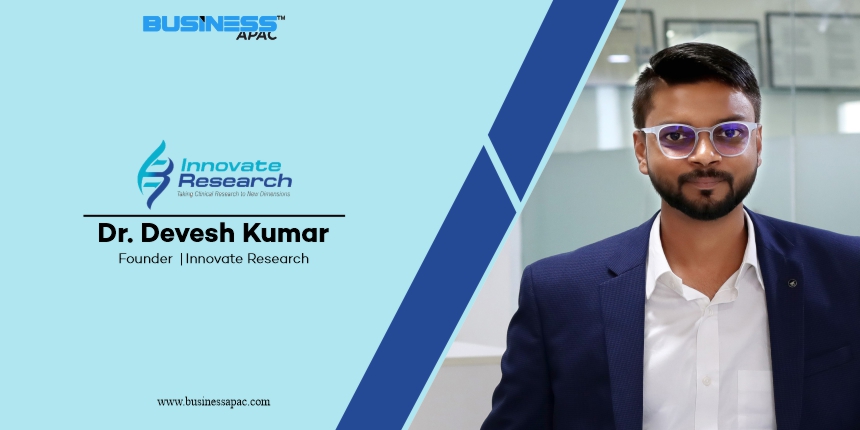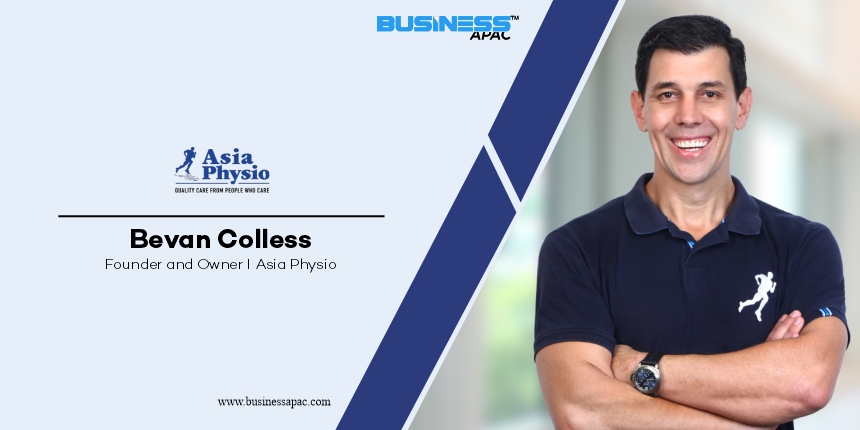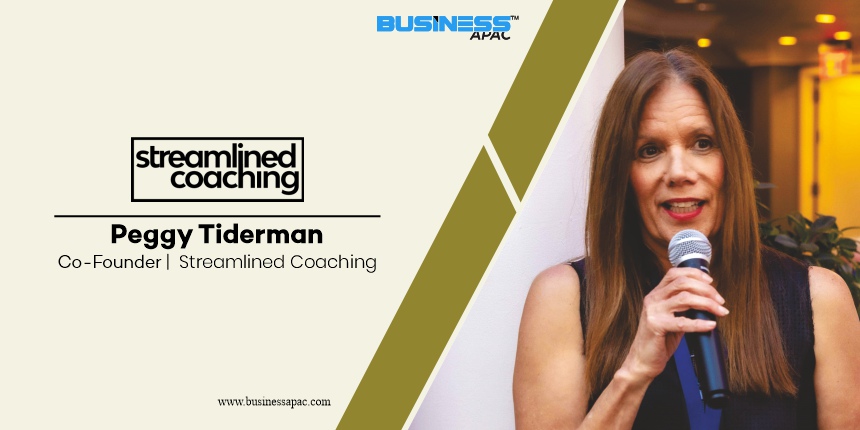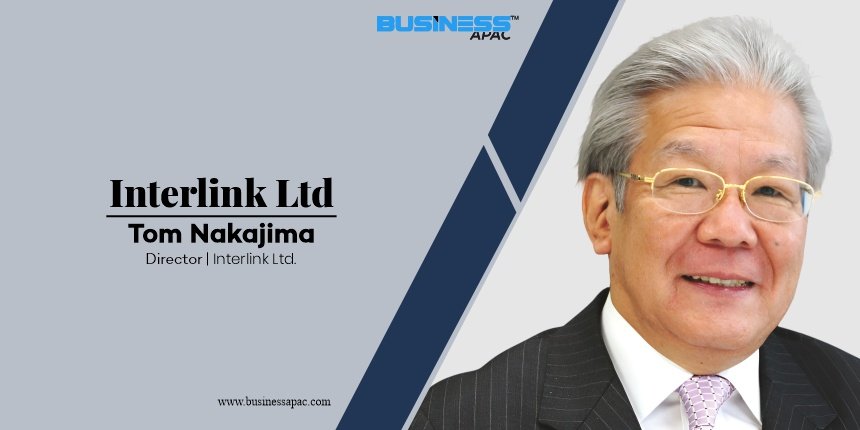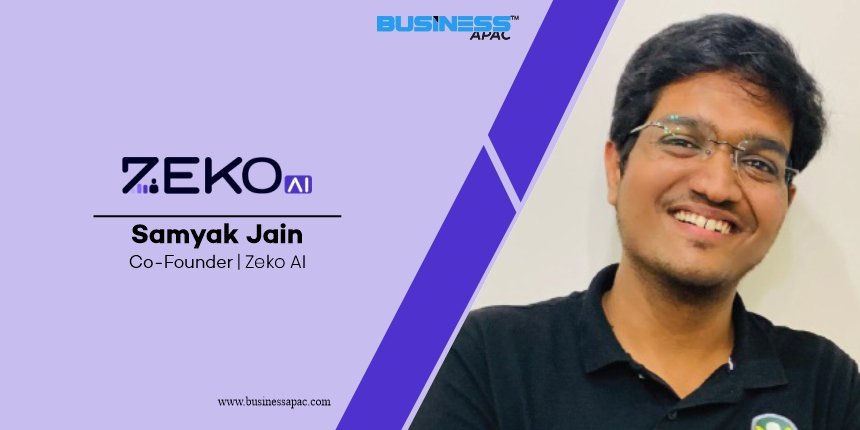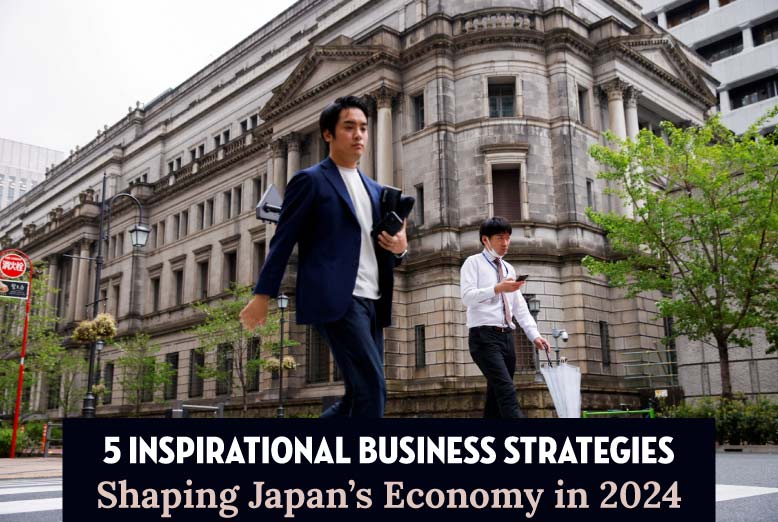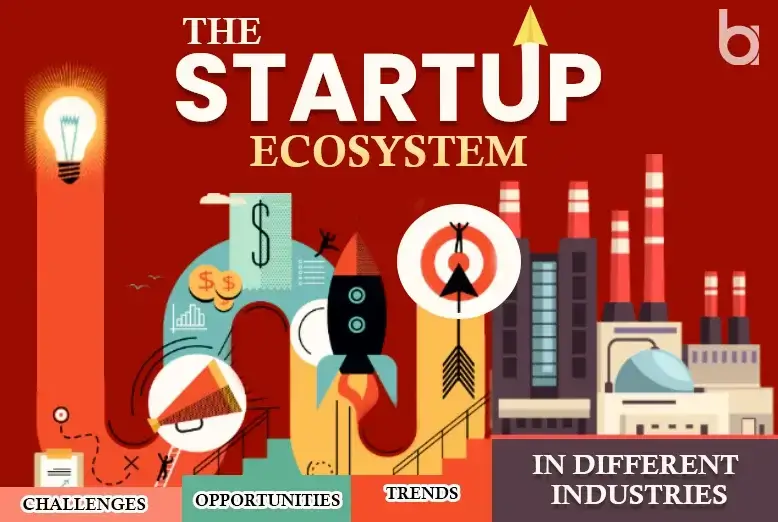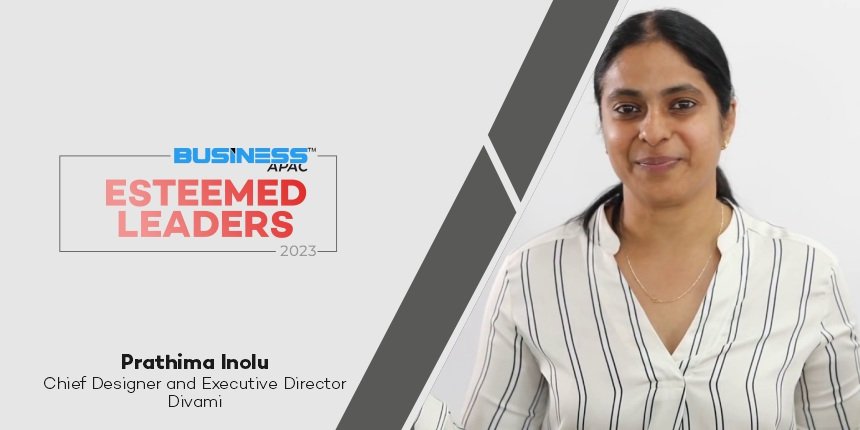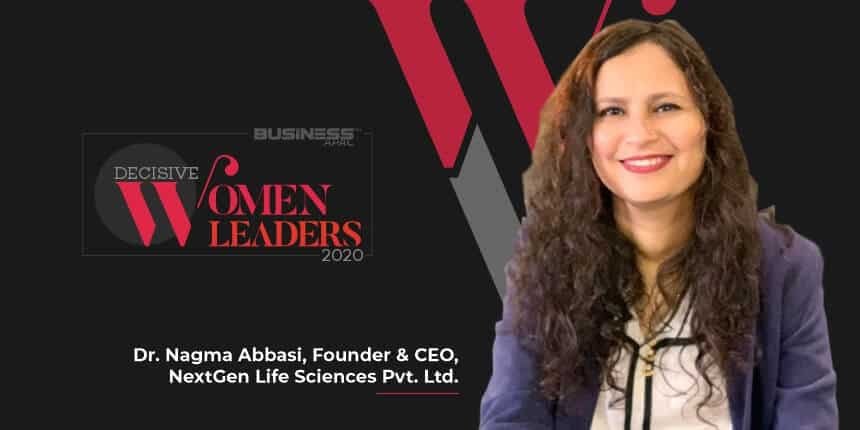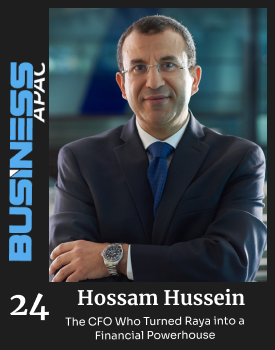

- Home
- About Us
- Advertise With Us
- Magazine
- Subscription
- Contact Us
Middle East's Most Influential Leaders To Watch In 2024
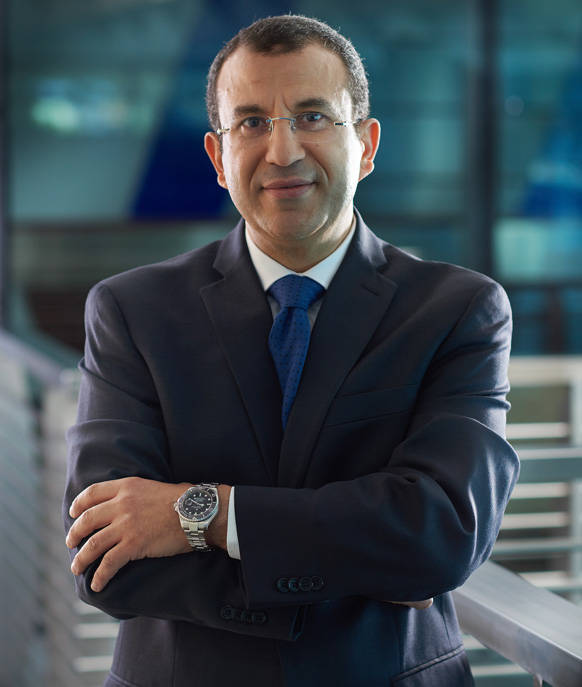
Middle East's Most Influential Leaders To Watch In 2024
Empowering businesses in APAC with cutting-edge solutions and strategic expertise. Unlock growth in dynamic markets with tailored insights for success.
Middle East's Most Influential Leaders To Watch In 2023
Empowering businesses in APAC with cutting-edge solutions and strategic expertise. Unlock growth in dynamic markets with tailored insights for success.
Middle East's Most Influential Leaders To Watch In 2022
Empowering businesses in APAC with cutting-edge solutions and strategic expertise. Unlock growth in dynamic markets with tailored insights for success.






Latest Magazine
The 10 Most Iconic CEO's to Watch In 2024
When you think of a company like Raya Holding, you picture a massive, multi-sector powerhouse with financial strategies as complex as its business operations.

Hossam Hussein –CFO Who Turned Raya into Financial Powerhouse
Latest Magazine
The 10 Most Iconic CEO's to Watch In 2024

When you think of a company like Raya Holding, you picture a massive, multi-sector powerhouse with financial strategies as complex as its business operations.
Latest Magazine
The Top 5 Visionary Leaders To Watch in 2025
Svetlana Mironyuk belongs to the list of top managerial personalities in Russia. Throughout her career, she has held a variety of job titles across multiple organizations, including First Vice-President, Editor in Chief, and Managing Director.

Latest Magazine
The 10 Most Iconic CEO's to Watch In 2024
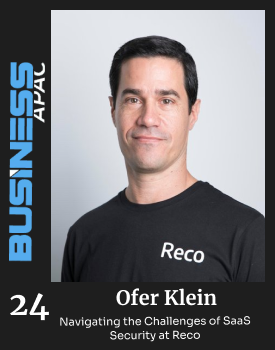
In today’s fast-evolving cybersecurity landscape, one leader stands at the forefront of SaaS security innovation: Ofer Klein, CEO and co-founder of Reco.
Latest Blogs
Exclusive Interviews
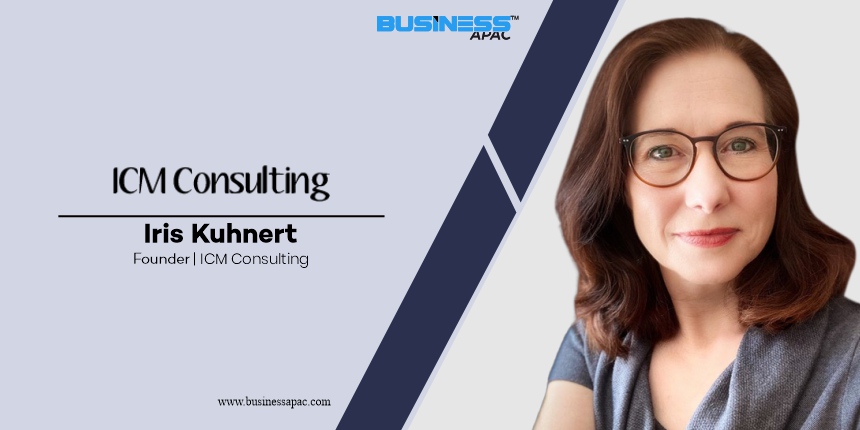
Iris Kuhnert: The Coach Who Teaches Leaders to See the Human Factor
The year is 1990. A young German university student named Iris Kuhnert steps into the complex, hierarchical world of corporate Japan. She is one of the very first female students from her country to arrive as an intern, a pioneer in a landscape that is both fascinating and bewildering. It is, she recalls, an “impressive and deep dive learning experience that changed my life forever.” She is there to study business administration, economics, and East Asian culture, but her real education is in observing the intricate dance of human interaction in a setting completely foreign to her own. This experience, of being an outsider, of learning to navigate unspoken rules, of seeing firsthand how culture shapes every aspect of business, would become the foundational chapter in a long and winding career. It would lead her through marketing, cross-cultural consulting, and even a stint as an organic green tea exporter. But ultimately, it was this early fascination with the human element that would guide her to her true calling: not just to build businesses, but to build the leaders who make them thrive. The story of Iris Kuhnert and her firm, ICM Consulting, is a story about a pivotal realization: that in a world obsessed with technology and process, the most critical and often overlooked component of success is the human factor. It is the story of a woman who had to get coached herself to discover her own passion, and who now dedicates her life to helping other leaders find theirs. The Pivotal Realization After her transformative time in Japan, Iris began her career working for a Japanese organization in marketing and communication, even publishing her thesis on the country’s labor shortage. But she felt a pull to work on a more global scale. She began delivering workshops on overcoming cross-cultural challenges and started supporting European-based companies in expanding their business throughout Asia. It was in this role, as a strategic consultant helping a German company triple its turnover in Asia within three years, that she began to notice a recurring pattern. Iris would see brilliant technology, flawless project plans, and immense market opportunities. But time and again, she observed that “if the topic of leadership was not fully developed and skilled, there was always something missing.” It was a quiet, persistent observation that grew into a powerful conviction. “I had a pivotal realization,” Iris says. “No matter how advanced the technology was, success ultimately depended on strong leadership. I discovered that without the right leadership in place, even the best innovations could fall short.” This insight sparked a new passion. It was no longer enough to fix the strategy; Iris needed to help empower the people who executed it. This intrigue led her on a new educational journey. She traveled to the United States to enroll in her first coach educational program, which was followed by a master’s study in organizational development and a continuous two-year learning program to become an accredited coach. Today, she is a Professional Certified Coach with the International Coach Federation (ICF) and a member of the Asia Pacific Alliance of Coaches (APAC), a testament to her dedication to the highest standards of coaching. The Coach Gets Coached Even as she was acquiring these new skills, Iris’s entrepreneurial spirit was in full force. In addition to her consulting work, she had established another business, exporting organic green tea to Europe. She was a successful, multi-faceted business owner. But it was during her own coach training, when she was on the receiving end of the coaching process, that she had her second, more personal epiphany. “During my coach educational program, I received coaching myself, and realized what really drives me, and where my passion is, was leadership development,” Iris explains. It was a moment of profound clarity. Iris understood that while her other ventures were successful, they did not ignite the same fire within her. With a deliberate transition phase, she made the courageous decision to let go of her other business interests and focus her entire professional energy on what she loved most: coaching individual leaders and their teams. It was the biggest milestone of her personal journey, a conscious choice to align her work with her purpose. The Architect of Awareness Today, as the founder of ICM Consulting, Iris’s work is the culmination of that journey. The firm’s mission is to “empower individuals and organizations with personalized coaching so that they are equipped with the skills, mindset, and confidence to lead authentically and effectively.” Her vision is to cultivate transformational leaders worldwide, creating a ripple effect of strong, visionary leadership. Since 2004, Iris has coached global executives across a vast range of industries, and she has identified three recurring challenges that leaders consistently face. The first is mastering the complexity of change: how to

TechBiz Global: Bridging Talent Gaps and Software Needs in the International Tech Sector
The technology sector faces persistent challenges in securing specialized talent and developing innovative software solutions efficiently. These two factors – access to skilled personnel and the ability to execute technically complex projects – critically impact a company’s capacity for growth and its ability to compete effectively. Addressing these needs requires partners with both deep technical understanding and robust operational capabilities. TechBiz Global positions itself as such a partner, functioning as a specialized recruitment and software development company serving an international clientele. With operations extending across more than 22 countries, TechBiz Global provides IT recruitment, outstaffing, outsourcing, full-cycle software development, and customized consulting services. The firm emphasizes its “tech-mindset,” stating that its team possesses hands-on experience with the challenges inherent in rapid growth within the IT sector. This perspective informs its service offerings, which cater flexibly to companies of various sizes, from early-stage startups (Series A-D) to large enterprises, including major manufacturers and leading banks. Core Offerings: Enabling Growth through Talent and Technology TechBiz Global focuses on two primary service categories crucial for technology-driven businesses: The firm states its primary focus remains “making our clients and partners achieve their recruitment goals successfully,” positioning talent acquisition as a central pillar, complemented by its software development and consulting capabilities. Foundation: Expertise Rooted in Technology Leadership TechBiz Global’s approach is heavily influenced by the background of its leadership. Founder and CEO, Dmitry Kharchenko, brings over 20 years of experience as a technology professional and entrepreneur. His career involved technical and leadership roles (technician, developer, team lead, manager, CTO) across various tech industries like cybersecurity and fintech, including founding several tech companies and participating in startup exits in Israel, Germany, and Norway. Mr. Kharchenko articulates a long-standing interest in technology, even programmatically crafting music synthesizer functions at age 13. He states his career path was driven by a “vision of the advantages that a combination of technology and business can offer.” This deep technical grounding, particularly the experience gained as a CTO and founder, provides TechBiz Global with a unique perspective. The firm emphasizes that this leadership experience allows it to offer “additional value” beyond standard recruitment or development services, providing clients with insights informed by practical tech innovation and business scaling experience. As Mr. Kharchenko puts it, this background enables a natural grasp of “numerous tech and non-tech recruitment strategies and technologies,” knowledge subsequently instilled within the firm’s teams. The company itself emerged from the founders’ (Dmitry Kharchenko and Igor mentioned indirectly) earlier venture, WizeVision, based in Israel. Mr. Kharchenko reflects that this initial company provided crucial learning experiences in building partner and employee relationships, establishing business processes, and managing finances – capabilities essential for scaling TechBiz Global. The impetus for founding TechBiz Global stemmed from observing the common struggles companies face in “discover[ing] the best people, find[ing] the best solutions to problems, and build[ing] teams that can build successful products.” TechBiz Global was conceived to provide effective solutions to these specific challenges. Operational Strategy: Global Reach, Diverse Teams, and Technology Integration TechBiz Global operates with a distinctly international and distributed model. Its team members reside in various countries, including Denmark, the Netherlands, Germany, Ukraine, Poland, Uzbekistan, Israel, and Azerbaijan, among others. The company promotes this structure as a reflection of an international culture supporting inclusivity and diversity, while also enabling global service delivery. Key operational strategies include: Navigating Challenges of International Operations Operating a globally distributed remote workforce presents unique challenges. TechBiz Global successfully navigated hurdles related to remote work and international expansion. Key strategies included: The firm attributes its ability to overcome these obstacles to its commitment to innovation and strong internal and external relationships. Market Position and Performance TechBiz Global has established itself as a recognized recruitment service provider with a significant global footprint, serving clients in over 20 countries, including major markets like Germany, the USA, the UK, and Singapore. Its client portfolio ranges from startups to large enterprises. Key milestones signaling growth include reaching 50 startup clients and securing a major contract with one of the largest private banks in a CIS country, which marked its entry into the enterprise market. This growth stemmed from building a strong team and capitalizing on market opportunities. The firm’s blend of business understanding and deep technical expertise, particularly from its leadership, is presented as a key driver of its rapid success. Future Outlook: Expansion and Innovation TechBiz Global expresses clear ambitions for continued growth and development. The primary focus includes expanding its customer base in several international markets. Concurrently, the company is evaluating the potential for developing its own proprietary innovative product, moving beyond service provision. The firm reiterates its commitment to principles like sustainability and equal opportunities within its operations. It aims to solidify its presence as a global leader in both tech and non-tech recruitment across diverse industries like FinTech,
Women's Era

Uma Shankar: An Ardent Leader Grooming Professionals of Tomorrow
“I always wanted to be a provider of employment and

Snehal Jain: A Cognizant Leader helming the Human Resource
Arguably, the new generation companies are well balanced than traditional companies.
Expert Views

Why Enabling Greater Inclusion and Diversity Is a Must for Business
Creating an inclusive, diverse workplace is becoming an increasing area of focus for organizations big and small. Many understand that joining today’s calls for fairer opportunities and a more equal world is the right thing to do. But how many truly realize the tremendous business opportunity that a more inclusive, diverse and gender-balanced environment brings? The more diverse a business culture, the more enabled that business becomes in understanding different global needs, identifying opportunities for growth and fostering innovation. Women make up half of the world’s intelligence—representing more than half of its university graduates and influencing 60 to 70 percent of today’s consumer spend. So, tapping into this talent pool is a no-brainer for any business seeking to better respond to a rapidly evolving customer base and drive long-term growth. Real-life data confirms undeniably the link between gender diversity and better business results: A study conducted in 2019 by Korn Ferry, a global consulting firm, showed a 15 percent spike in profitability at companies where the number of women in corporate leadership roles rose by up to a third. In 2018, global leadership consultancy firm DDI showed that companies with at least 30 percent gender diversity overall—and more than 20 percent at senior level—outperformed less-diverse peers. As a leader in a Fortune 500 company in the midst of its own massive business transformation, I see firsthand the positive impact of promoting greater inclusion and diversity in the workplace. At Philip Morris International (PMI), we are working to create a smoke-free future, where cigarettes are replaced by better, scientifically substantiated smoke-free alternatives for the millions of adult smokers who would otherwise continue to smoke. And we know that to achieve this vision—to unlock the innovation and creativity needed to transform our business—we need an inclusive work environment where everyone can thrive and a culture that welcomes diverse skills, perspectives and ways of thinking. We’ve chosen to focus our efforts on a dimension of diversity where we could have the greatest immediate impact: increasing the representation of women in our management ranks. Our aim is to increase the number of women in management roles to at least 40 percent by 2022 across the company. We’ve already raised the proportion by 6 percentage points, to 36 percent, since 2014—but we know there’s still more work to be done. How do we go about this work? Well, firstly, by realizing that greater equality in the workplace is not a mere “box-ticking” exercise. It requires commitment from all levels of leadership and clear targets that go far beyond increasing the number of women we hire. It’s also about our shared responsibility as business leaders to change attitudes and shape workplace culture. We go about this in a number of ways, including by walking the talk on equality and equal opportunity, normalizing flexible work arrangements to enable employees to achieve a better work-life balance and encouraging diversity of opinions and perspectives in our day-to-day work and conversations. Another lesson we’ve learned along the way is that there are no silver-bullet solutions—taking incremental steps is necessary. For example, at PMI we decided that a pivotal step in our efforts for greater gender balance was to confirm our commitment to equal pay as the baseline measure of equality. As a result, following a rigorous process, we became the first multinational company to be globally EQUAL-SALARY certified, an achievement we’re all proud of. As part of this effort, we’ve engaged in robust conversations for 18 months with our female employees about the way they perceive management’s commitment to equality issues so as to better understand how the company can perform better. There’s still some way to go until inclusion and diversity become corporate norms, not exceptions. An important first step is acknowledging that the more inclusive and diverse our workplace is, the more we’ll succeed in driving innovation and business growth. From there follows the continued commitment and responsibility we have as business leaders to affect positive change by nurturing truly inclusive and diverse teams.
How to win with your own tech startup
My name is Eugeny Voytishek and I’m a commercial director for software development company Magora. In my work, I’ve had plenty of chances to see how some startups achieve major success while others turn to dust. I’m going to share with you my observations on those company owners who’ve made it to the top. Firstly, all of them spent the lion’s share of their time on the crystallization of the great idea. How to choose a working concept Is there a problem nobody has ever managed to solve? The first step: think back – have you ever been disappointed while in need of something?Take, for example, the inventor of self-opening tins, who was upset with the lack of a can-opener at a picnic. Or the paper cuffs you see on coffee cups in Starbucks and McDonalds. Without them you would have burned yourself drinking hot coffee on the go, right? The guy who realized this and introduced the cuffs became a billionaire. Now it’s high time for inventions using AR/VR technologies. Improve something that existsThere may be a solution to the problem but it’s too expensive, slow or uncomfortable to use. If so, make it better! Think of Coursera and other online education platforms. They managed to make high-level education affordable and popularise science with their online project. Can you think about how to improve existing solutions with the help of image recognition, voice search, and virtual assistants? Train your creativityAnother approach to inventing things is to train your creativity with a new way of doing something or by doing the same thing with the help of a new product. A good example of such an approach is the Amazon book shop, which has become a world leader in e-commerce and now sells everything. What about creating a virtual fitting room with 3D models of clothes? I suppose you’re late to the party with this invention but keep thinking! Last resort: go to a crowdfunding platform and look at the most promising ideas. Interest expressed by a lot of people is a guarantee of market potential for such a product or service. The app cases I’ve chosen are “Rent anything you want” and “Trade on Youtube”. Test out your ideaOnce you’ve come upon with an idea, test it. Whilst being relevant and desirable, it should also include unique features that no other digital product on the market has. Ask yourself these questions: Do people really need it? Do you provide the best solution? What is your unique selling advantage? Is the idea protected from repetition by the law, know-how or location? Ask your friends and colleagues if the problem you’ve found bothers them and if they’re inclined to use your solution. It’s even easier to do so via social networks since you can make a survey and reach a wider target audience. Assess the market Understanding the market is necessary both in terms of knowing your competitors and of being able to predict revenues. I would divide the stages of market assessment into 3 tech startup: Sales prediction Do a rough sales estimation by multiplying the average consumption by the number of potential users and decrease your amount based on the number of substitutes. Market conditions Once you’ve assessed how many people are likely to like your product or to use similar solutions offered by your competitors, it’s time to find out precisely what reasons affect their choice and to assess the number of potential loyal clients.CompetitorsA very important stage of market analysis in the making of a competitor map. You need to know who’s number 1, 2 and 3 in your field, what their market shares are, what they offer and what you can do to turn their customers into your loyal clients. A great instrument to use is SWOT analysis, which reveals your competitors’ stronger and weaker points. Go through this test to assess your readiness for the serious business of creating a tech startup. Develop your app The final stage of your tech project will be to test an MVP on real customers. Do this as soon as possible after having completed all the other stages. However, you have to be ready to face the fact that things might not work out on the first attempt, or at least not sparkle as much as you expected. In this case, analyze what you did wrong, continue polishing your idea and try again. Finally, the last step: develop your app. Luckily, at this point, professional developers like Magora have got your back. About the Author Eugeny Voytishek is the Commercial Director at Magora Developer. In this post, Eugeny shares his experience in how to start a winning tech startup in 2019.
MAGAZINE
Middle East's Most Influential Leaders To Watch In 2024
When you think of a company like Raya Holding, you picture a massive, multi-sector powerhouse with financial strategies as complex as its business operations. At the core of it all? Hossam Hussein, the Group CFO who’s reshaping how this behemoth operates in the financial world.

Latest Magazine
The 10 Most Iconic CEO's to Watch In 2024
When you think of a company like Raya Holding, you picture a massive, multi-sector powerhouse with financial strategies as complex as its business operations.

Hossam Hussein –CFO Who Turned Raya into Financial Powerhouse
Latest Magazine
The 10 Most Iconic CEO's to Watch In 2024

When you think of a company like Raya Holding, you picture a massive, multi-sector powerhouse with financial strategies as complex as its business operations.
Latest Magazine
The Top 5 Visionary Leaders To Watch in 2025
Svetlana Mironyuk belongs to the list of top managerial personalities in Russia. Throughout her career, she has held a variety of job titles across multiple organizations, including First Vice-President, Editor in Chief, and Managing Director.

Latest Magazine
The 10 Most Iconic CEO's to Watch In 2024

In today’s fast-evolving cybersecurity landscape, one leader stands at the forefront of SaaS security innovation: Ofer Klein, CEO and co-founder of Reco.




